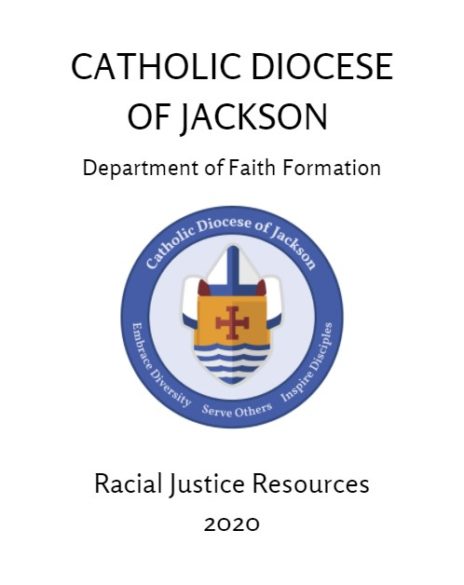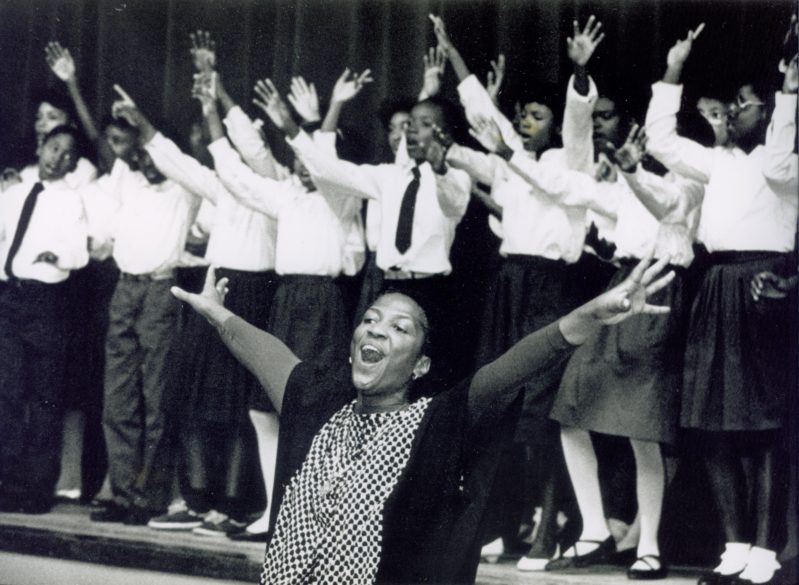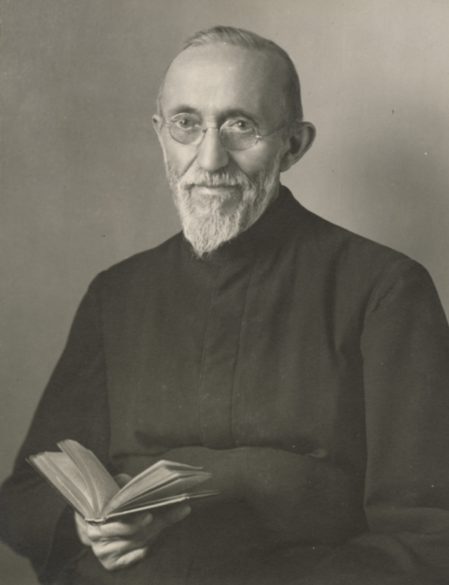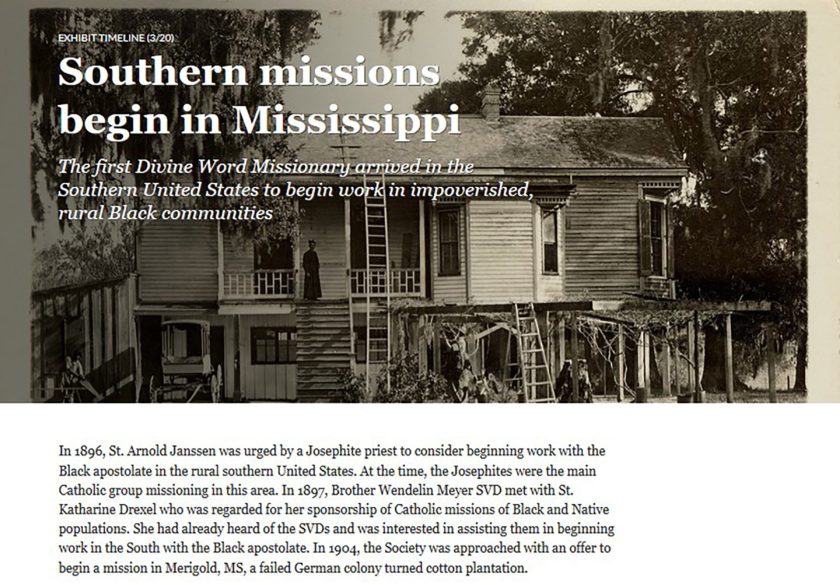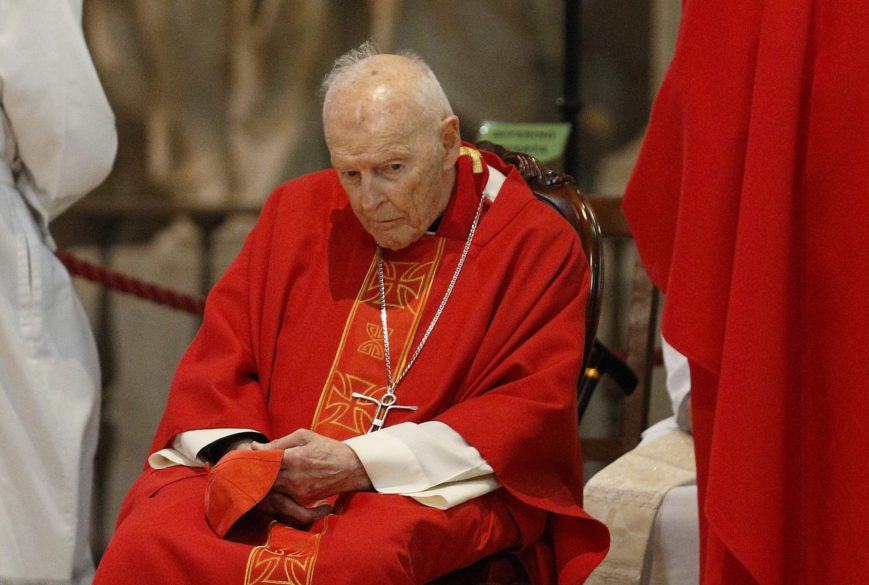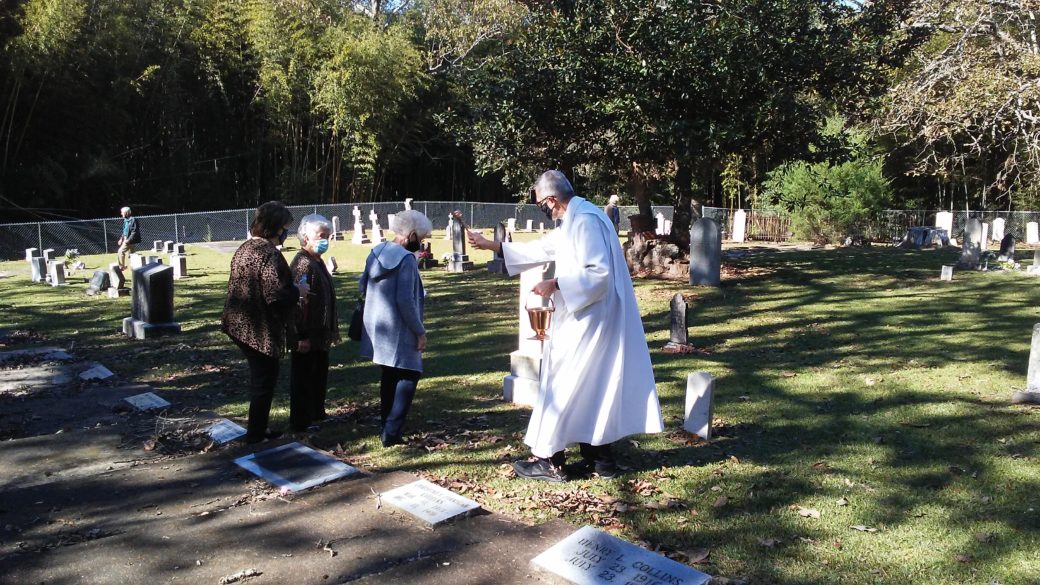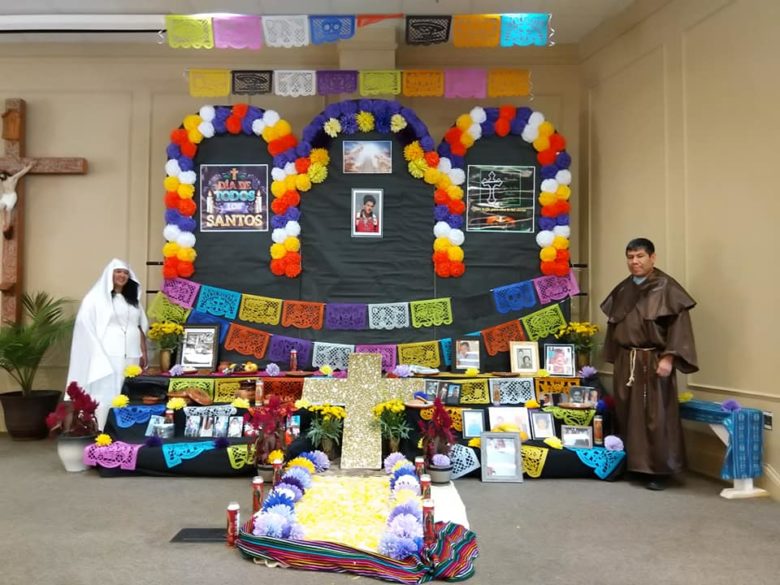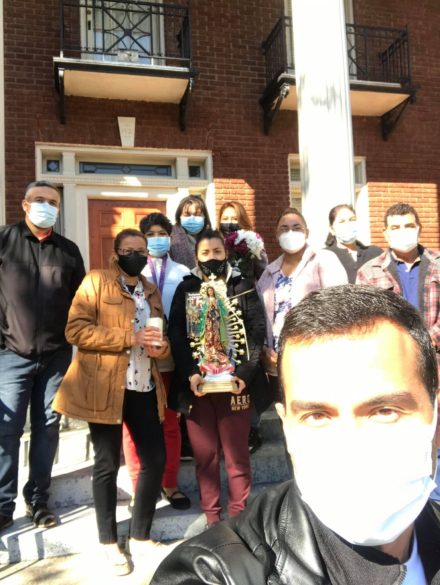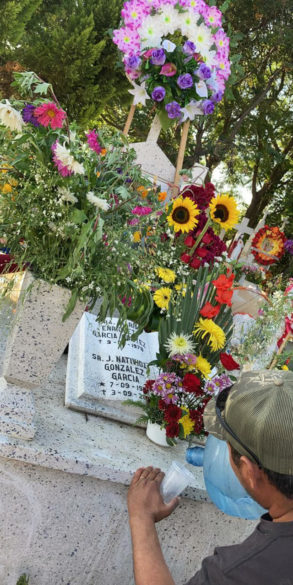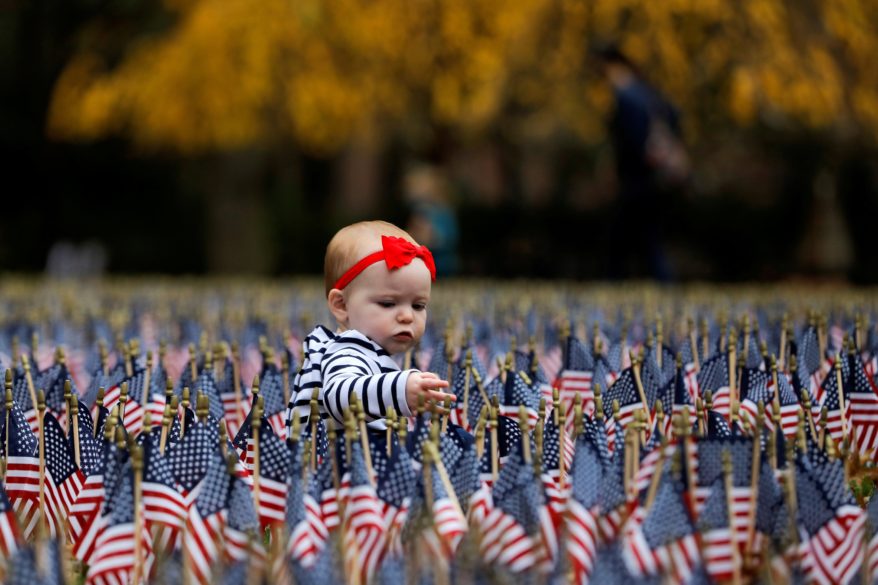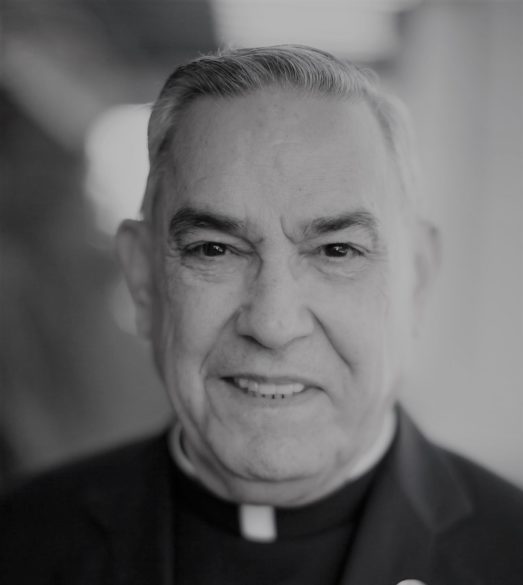Reflections on Life
By Melvin Arrington
The sixth Fruit of the Spirit, called “goodness” in a majority of the Bible translations commonly used by Protestants, is rendered as “generosity” in two of the most popular versions favored by Catholics: the New American Bible, Revised Edition (NABRE), and the New Revised Standard Version, Catholic Edition (NRSVCE). According to the Catechism of the Catholic Church (#1695), the Holy Spirit prompts us to do good works, “to act so as to bear the fruit of the Spirit by charity in action.” Simply put, the easiest way for people to see Christ in our lives is through our generosity.
Generosity has everything to do with giving, whether it’s your time, talents, or treasure. Donations must always be made out of love, and not to call attention to yourself. And to anyone who might be tempted to boast about how much he has contributed, Archbishop Fulton J. Sheen applies this cautionary remark: “never measure your generosity by what you give, but rather by what you have left.”

When we give alms, it must be for the right reason; it must be for the benefit of the recipient, not the giver. There’s really no charity involved in making a donation of something you no longer want, especially if the purpose of the gift is to gain a tax benefit or to free up space in a closet in order to stockpile new possessions. As someone once said, real charity doesn’t care whether the gift is tax deductible or not.
When we donate our time, we make an offering of ourselves. Self-giving by its very nature is a sacrificial act because we’re denying ourselves to attend to the needs of others. Archbishop Sheen says the poor widow who gave two mites “emptied herself to fill the emptiness of others.” There’s just something innately beautiful about a sacrifice.
When we offer up ourselves in love we become more like Christ, who freely gave Himself up for us. Our Lord literally divested Himself of everything He had: His clothing (“He was stripped of His garments”); His mother (He gave her to John and, by extension, to us saying, “Behold, your Mother”); His life itself when He suffered and died on the Cross; and even His very Spirit (“Father, into your hands I commend my Spirit.”)
Christ surrendered everything, so we should all deny ourselves in at least some fashion. Bishop Robert Barron has written and spoken often about how generosity enlarges the human soul, transforming it from the pusilla anima (the little or petty, that is, pusillanimous soul) into one that is generous and compassionate, the magna anima (the great soul), from which our word “magnanimous” is derived.
If liberality is characteristic of the magnanimous soul who cheerfully presents himself as an offering, then miserliness and selfishness shift the focus from giving to receiving, thereby reversing the direction from outward to inward. The selfish, self-centered, ego-driven person is ultimately concerned only with self-aggrandizement. His gods are possessions, power, pleasure and prestige. He constantly has to feed his ego by acquiring and possessing. He becomes so caught up in the material world that matters of the spirit get shoved aside.
American artist Paul Cadmus (1904-99) in a painting titled “Avarice,” one of a series depicting the Seven Deadly Sins, aptly illustrates the pitfalls and consequences of a life devoted solely to material gain. The old man portrayed in this work, a stooped skeletal figure bearing the burden of his possessions on his shoulder, struggles to hold onto a single golden object that appears to be slipping away from him. The expression on his face tells the whole story: the goods of this world can’t fulfill the deepest longings of the human heart. Why cling so tightly to wealth? Why refuse to share with the poor when, as the saying goes, “you can’t take it with you?” A life that has no concern for the welfare of others and has no room for faith and matters of the spirit will never come to know abundant life.
For those struggling with their faith and seeking to escape the ego trap, acts of charity can be a remedy. When someone asked the Jesuit poet Gerard Manley Hopkins for advice on how he could learn to believe, Hopkins responded simply, “give alms.” By providing for the needs of our neighbor we can gain a better understanding of God’s love for us.
Experience teaches us that an authentic act of generosity blesses the giver even more than the recipient. Why do we derive more pleasure from giving than from receiving? Perhaps it’s because what’s perceived as a reduction in physical or monetary assets becomes, through the charitable act, an increase in spiritual goods. The more we give away, the more we gain.
The vast expanse of our world, in all its beauty and goodness, testifies to the boundless generosity of God. Everything we have has been bestowed on us from our loving God. Everything! And so, we give generously because we have received so many showers of blessings. We should never hoard these heavenly favors or use them solely for our own purposes but rather to glorify Him and serve Him by sharing our resources with those who need them more than we do. In the words of St. Ambrose, the rich man who gives to the poor does not bestow alms; rather, he pays a debt. That’s the Christian perspective on giving. What a beautiful concept!
(Melvin Arrington is a Professor Emeritus of Modern Languages for the University of Mississippi and a member of St. John Oxford.)

